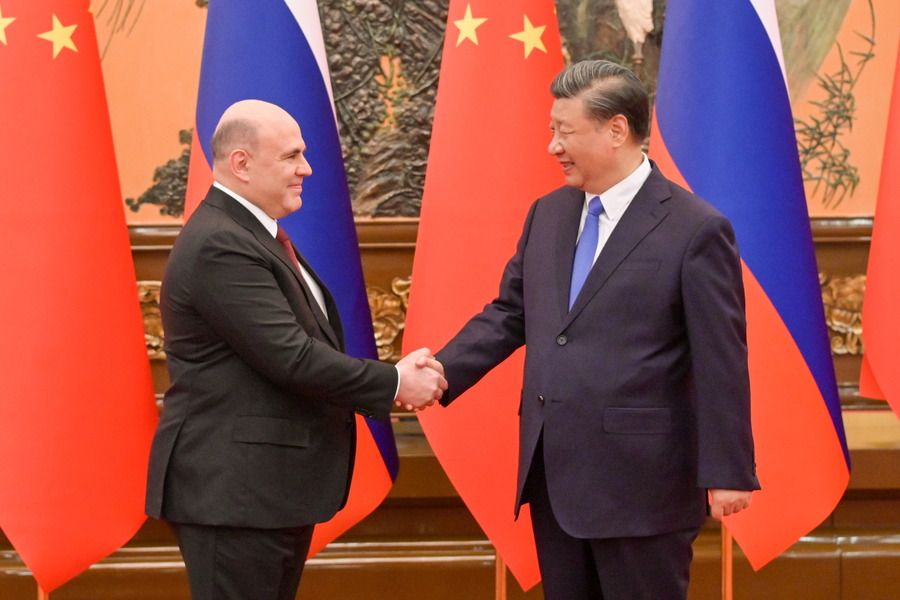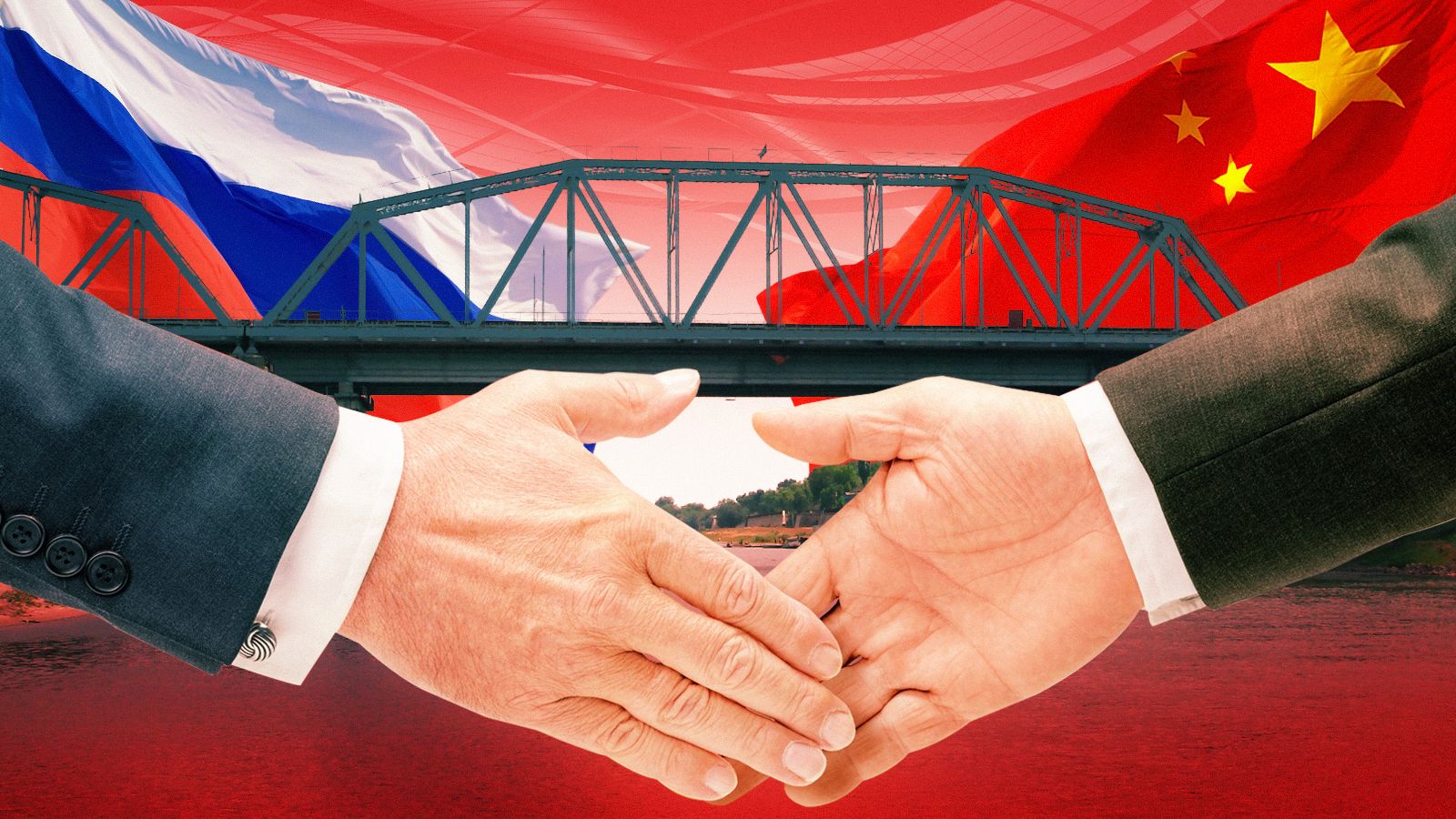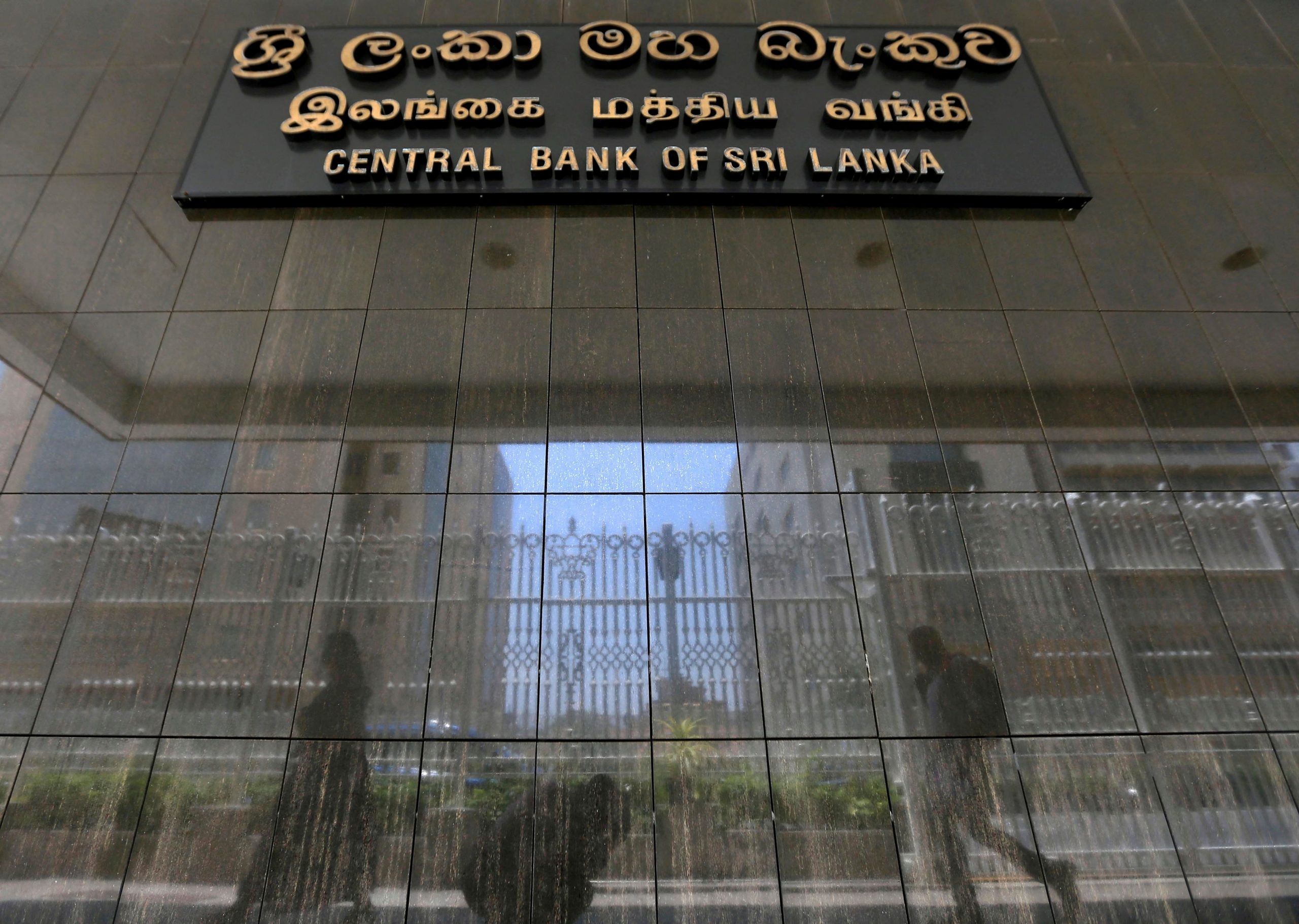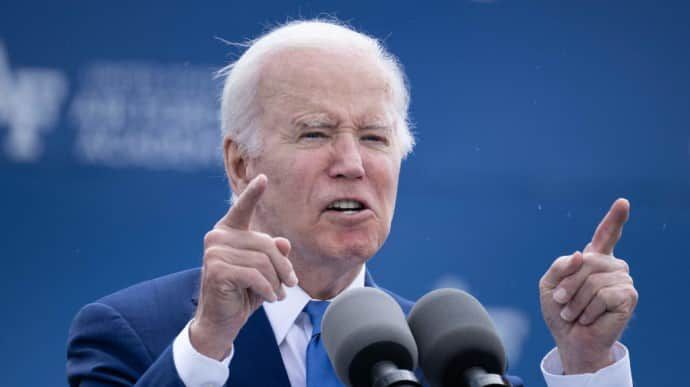In a move that solidifies the deepening alliance between Russia and China amid international criticism and Western sanctions, Russian Prime Minister Mikhail Mishustin has signed multiple agreements with Chinese counterparts during his recent visit to Beijing. This visit, hailed as a demonstration of the unprecedented strength in bilateral relations, comes at a time when the conflict in Ukraine has entered its second year, prompting Russia to seek support from China in navigating the global crisis.
Mishustin’s visit to Beijing holds significant importance as he is the highest-ranking Russian official to travel to China since Russia initiated a military operation in Ukraine in February 2022. The timing of the visit is noteworthy, considering the series of condemnations from the Group of Seven nations (G7) targeting both Russia and China for various issues, including their involvement in the Ukraine crisis.
With Western sanctions taking a toll on Russia, the country is increasingly relying on China for support, a move that carries greater significance for Moscow than it does for Beijing. China, being a major consumer of Russian oil and gas, serves as an alternative economic lifeline for Russia.
During his meeting with Chinese Premier Li Qiang, Mishustin highlighted the extraordinary level of relations between Russia and China, emphasizing mutual respect and their joint response to challenges arising from Western pressure. He quoted a Chinese proverb, “unity makes it possible to move mountains,” underscoring the strength of their partnership. Several memorandums of understanding were signed during the visit, deepening cooperation in trade services, agricultural exports, and sports.

The friendship between China and Russia has witnessed numerous high-level exchanges in recent times. In March, Chinese President Xi Jinping visited Russia, referring to President Vladimir Putin as a “dear friend.” This visit followed a commitment by both nations to an unrestricted partnership shortly before Russia’s military action in Ukraine, which Russia refers to as a “special military operation.”
China has consistently rejected attempts by the West to link its partnership with Russia to the situation in Ukraine. The Chinese government asserts that its relationship with Russia adheres to international norms and emphasizes its right to collaborate with any country of its choosing, without it being directed against any third party.
Over the past few months, the trade relationship between Russia and China has witnessed a remarkable surge. Chinese exports to Russia experienced a significant boost, skyrocketing by an impressive 153.1% in April compared to the previous year. This growth comes on top of the already doubled increase observed in March. Additionally, Russia’s energy shipments to China are expected to climb by a substantial 40% throughout this year.
The strengthening of ties between Russia and China has been emphasized by Nikolai Patrushev, the Secretary of Russia’s Security Council. Patrushev’s discussions with Chen Wenqing, a member of the Chinese Communist Party’s Politburo overseeing police, legal affairs, and intelligence, echoed the strategic significance of fostering these relations.
While China has refrained from openly criticizing Russia’s actions in Ukraine, Chinese President Xi Jinping has put forward a comprehensive 12-point peace plan. However, the plan has been met with skepticism from Western nations, while receiving cautious approval from Kyiv. As part of Beijing’s efforts to promote peace talks and a political resolution to the crisis, China’s special representative for Eurasian affairs, Li Hui, recently embarked on a European tour, commencing with a meeting with Ukrainian President Volodymyr Zelenskiy. This tour aims to facilitate dialogue and seek a peaceful resolution to the ongoing conflict.
Mishustin’s visit and the resulting agreements serve as a testament to the resilience and strengthening of Sino-Russian ties. Against the backdrop of the Ukrainian crisis and escalating Western sanctions, these ties are poised to play a pivotal role in shaping the geopolitical landscape.
©traders-news.online










